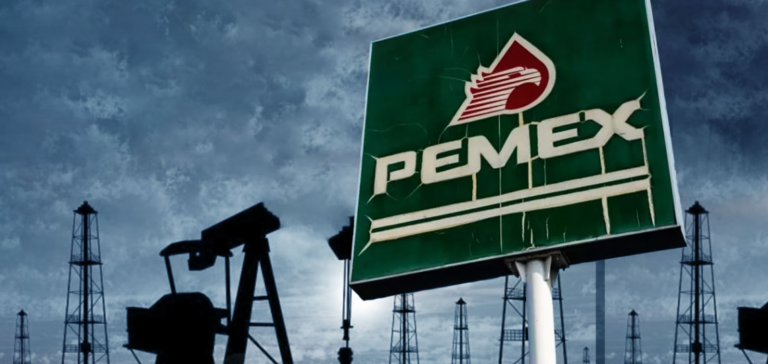To protect Pemex, the Mexican Ministry of Energy has tried to block the implementation of stricter flaring rules.
New rules
Pemex, Mexico’s national oil company, had to proceed with the implementation of new rules, published on June 23. These rules came from the regulator seven months earlier. They are intended to restrict the way companies manage and account for gas that comes to the surface.
These gases are a by-product of oil exploration and production. These rules make it harder to justify excessive flaring and strengthen the regulator’s oversight. The regulator, which is supposed to be politically independent, must enforce these rules on all companies, including Pemex.
The publication of these rules in the official journal is the responsibility of the Ministry of the Interior. Mexican law provides that, in general, this publication must take place no later than fifteen days after receipt. The seven-month time frame appears to be particularly long.
An attempt to block
The unusually long delay in publication arouses suspicion. Mexico appears to be flouting its greenhouse gas reduction commitments. The same is true for Pemex with respect to its commitments.
According to the documents, the Mexican Ministry of Energy is trying to block these unfavorable rules for Pemex. It is the largest company in Mexico. In addition, it has close ties with the Mexican government.
In a letter from Jorge Arevalo, a senior Department of Energy official, the writer asks that the official gazette “not go forward with the promulgation of the amended rules.” The letter goes on to mention the strategic importance for the administration of Pemex for national development. This attempt to block the new rules comes in the wake of promises made by Andres Manuel Lopez Obrador (AMLO) to revive Pemex’s business.





















